What Is Sleep Deprivation?
Sleep deprivation is a term that applies to a state of being caused by an inadequate amount or quality of sleep, including voluntary and involuntary wakefulness, as well as circadian rhythm disturbances.
Sleep deprivation is a serious condition that can have long-term health effects. When a person does not get enough sleep, their body is unable to function properly. This can lead to physical and mental fatigue, impair focus and concentration, and lead to an increased risk of illnesses such as depression, heart disease, and diabetes. Long-term sleep deprivation can also increase the risk of accidents and injuries, making it even more important for people to make sure they are getting enough sleep.
Sleeping is necessary for human survival, like eating, drinking, and breathing. It is also essential for good health and total well-being at all stages of life.
The Relation Between Depression and sleep deprivation :
What Is Depression?
Depression is classified as a mood disorder that affects how a person feels, thinks, and behaves. It can be very disabling, making it difficult to carry out even the simplest of tasks. Symptoms may include difficulty sleeping, eating changes, lack of energy, difficulty concentrating, and feelings of worthlessness. It can also manifest itself in physical symptoms such as headaches, stomachaches, and general body aches.
Related:Depression:Types & Symptoms
The Correlation between Depression and Lack of Sleep:
Lack of sleep may not cause depression directly, but it can make it worse. Sleep problems, whether from health issues, a sleep disorder, or personal stress, can make depression harder to manage. If you struggle to sleep for a long time, it could be a sign of depression.
Studies show that good sleep is important for mental and emotional health. Without enough sleep, we become more sensitive to negative feelings and thoughts. For instance, individuals with insomnia are 10 times more likely to develop depression and 17 times more likely to suffer from anxiety. Lack of sleep increases the risk of mental health problems.
Related: How To Deal With Anxiety: 15 Powerful Methods
Related: 11 Ways to Overcome Social Anxiety
The symptoms of sleep deprivation?
- Have difficulty concentrating or remembering things.
- Experience fluctuations in mood.
- Increased appetite.
- Lack of motivation.
- Feel sluggish or tired in the afternoon.
- Unable to remain conscious during lectures, conferences, warm rooms, while driving or traveling, or after a large meal.
- Have had changes in their emotional state, including depression, anxiousness, pressure, auspiciousness, and suicidal inclinations.
- Daytime sleepiness.
- Fatigue.
- Irritability.
- Trouble thinking, focusing, and remembering.
- Decreased responsiveness.
- Headaches.
- Less physical strength.
- Lower resistance to infection.
The Causes of Sleep Deprivation:
- Poor sleep practices, like taking extended naps throughout the day.
- Shouldering the task of looking after a newborn baby.
- Stress.
- Disruptions in sleep patterns, for example, sleep apnea or insomnia
- Alcohol and caffeine use.
- Numerous medical issues, including those resulting in constant pain.
- Psychological disorders, including depression and anxiety.
- Travel.
- Work schedule (Working hours that occur outside of normal daytime operations).
- Sleeping in an unfamiliar or a new place.
- Short-term illnesses like the common cold the flu, and more.
- Utilizing electronic devices close to bedtime or having them in the bedroom.
How much sleep is enough?
|
Age |
Hours of sleep |
|
4–12 months |
12–16 including naps |
|
1–2 years |
11–14 including naps |
|
3–5 years |
10–13 including naps |
| 6–12 years |
9–12 |
| 13–18 years |
8–10 |
| 18–25 years |
7-9 |
|
26–64 years |
7-9 |
| 65 or more years |
7-8 |
The effects of sleep deprivation:
1-Mood Changes:
Sleep Deprivation can mess with your attitude, making you a lot grumpy.
A recent study has suggested that sleep deprivation causes feelings of anxiety and depression in individuals. This is due to the lack of cognitive function in the brain as a result of not getting enough sleep, causing the individual’s amygdala to be more reactive, which increases their levels of anger and aggression.
Related:25 Simple Ways to Boost Your Mood
2-Changes in energy:
If you are feeling tired, sluggish, and without the drive to do your work, study, or the tasks of daily life, it might be due to the cravings for sugar, and caffeine, or the longing for a nap during the day.
3-Mental health problems:
A lack of sleep can result in emotional instability, and an increased chance of developing depression and anxiety, and make it difficult to handle stress or regulate powerful emotions. In extreme instances, sleep deprivation can even induce hallucinations and delirium.
4-Impaired brain activity:
Sleep deprivation affects your ability to learn, concentrate, and remember things, in addition to decreasing your creativity and problem-solving skills. It can also negatively affect your judgment, coordination, and reaction times.
It can hamper your motor skills just as much as being intoxicated, thus heightening your chances of an accident occurring.
5-Impacting the cardiovascular system:
When an individual skips out on getting enough sleep, it can lead to an increase in inflammation, as well as raised blood pressure and blood sugar levels, all of which are detrimental to a person’s heart health.
6-Increased risk of serious health problems :
The likelihood of developing conditions such as stroke, diabetes, heart disease, Alzheimer’s disease, and certain cancers is heightened.
7-Lack of Sleep Ages Your Skin :
A lot of people have experienced the effects of missing a few nights of sleep, such as sallow skin and puffy eyes. However, it’s been discovered that chronic sleep deprivation can cause a person’s skin to be lackluster, wrinkle more easily, and leave dark circles under the eyes.
When deprived of sleep, the body triggers an increase in cortisol, the stress hormone. When present in high quantities, cortisol breaks down skin collagen, the protein that ensures skin’s suppleness and elasticity. Moreover, sleep deprivation also results in a drop in the production of human growth hormones.
When we are growing, the human growth hormone stimulates growth. In our later years, it works to relieve muscle mass, thicken skin, and bolster bones.
8-Sleep Loss Impairs Judgment :
Poor sleep can cause us to misinterpret situations and make poor judgments, thus impeding our capacity to reason wisely.
9- Weight:
Sleep can interfere with the hormones that control hunger and satiety, as well as initiate the secretion of insulin. This can result in augmented fat storage, changes in body weight, and a greater probability of developing type 2 diabetes.
10-Brain Fog:
To ensure that our brains are functioning optimally, restful sleep is a must. Without it, our minds can become foggy, resulting in a state of confusion and difficulty concentrating. Furthermore, trying to find the right words to express oneself can become more of a challenge when an adequate amount of sleep has not been attained.
Without sufficient rest, it can be difficult to maintain productivity due to a state of mental exhaustion, lack of focus, and the inability to communicate ideas properly.
Related: Brain Fog: Symptoms and Causes

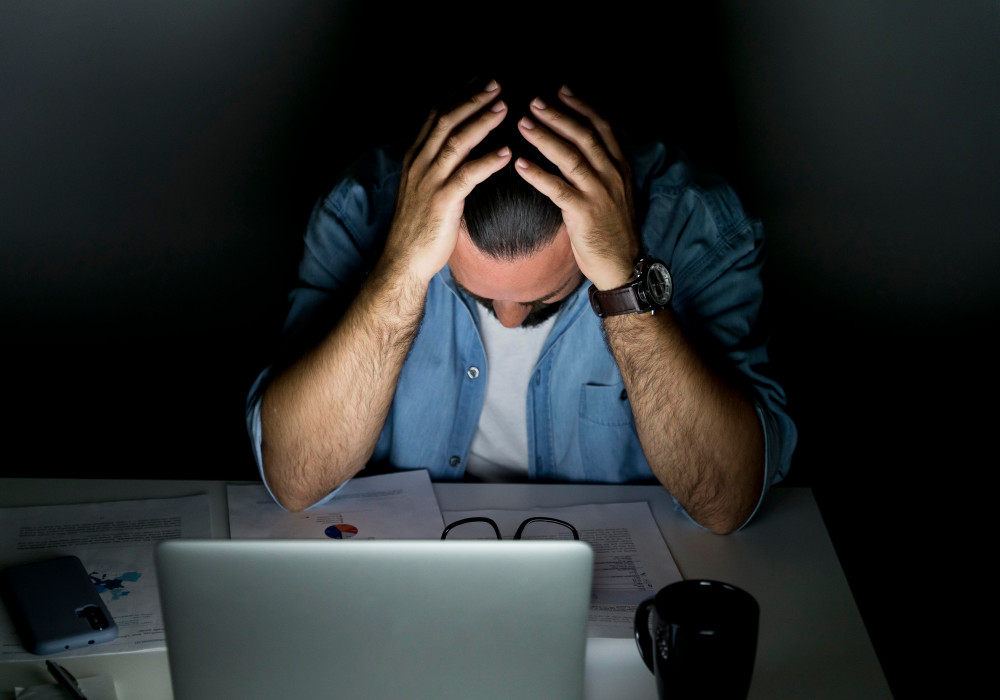
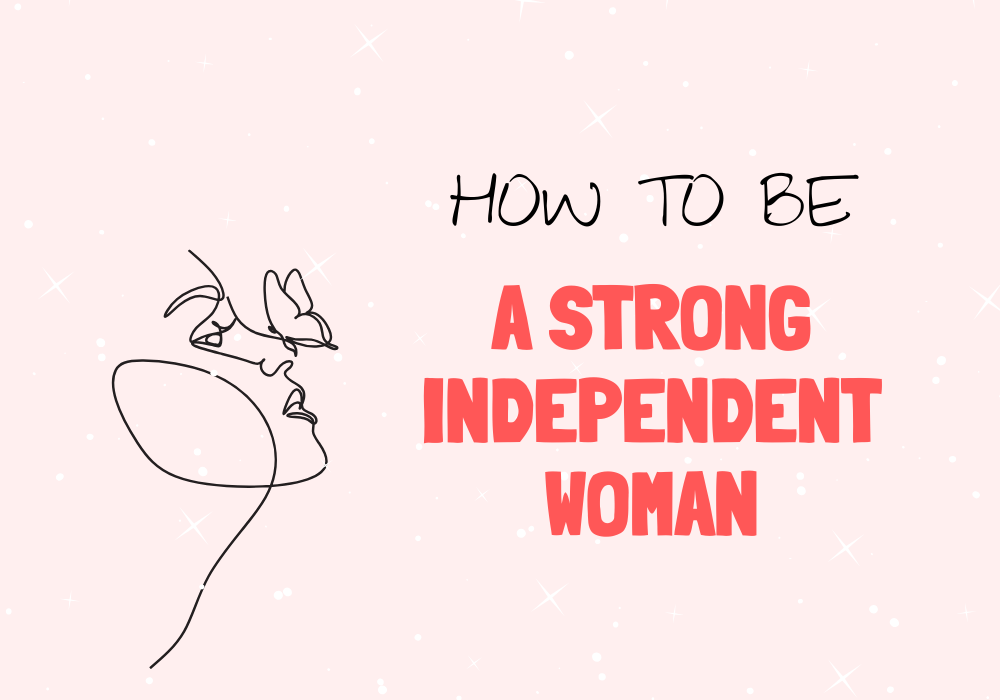


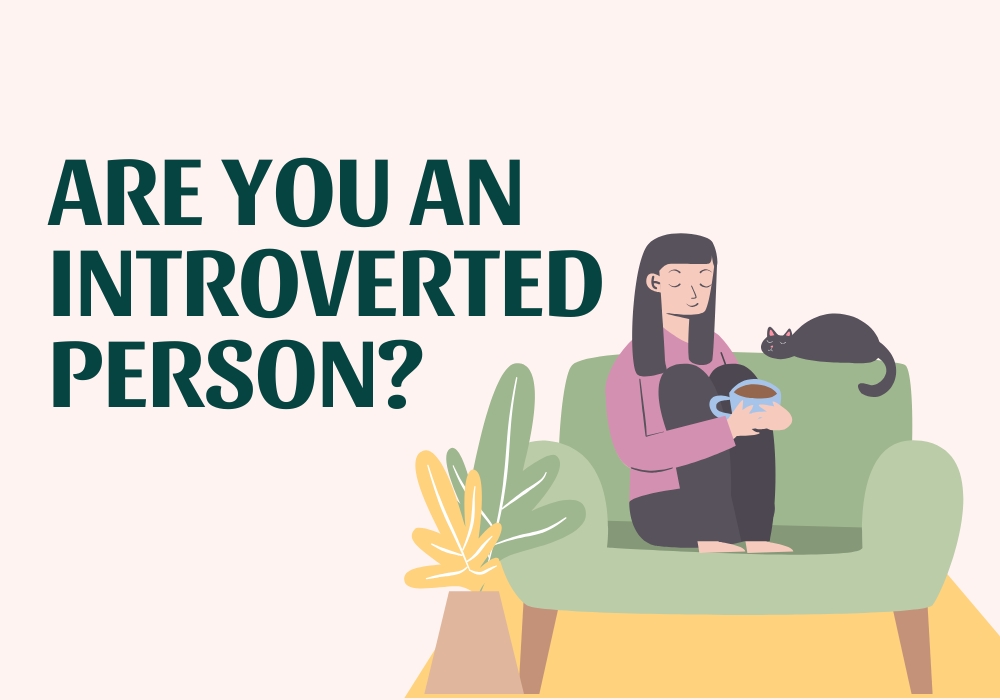
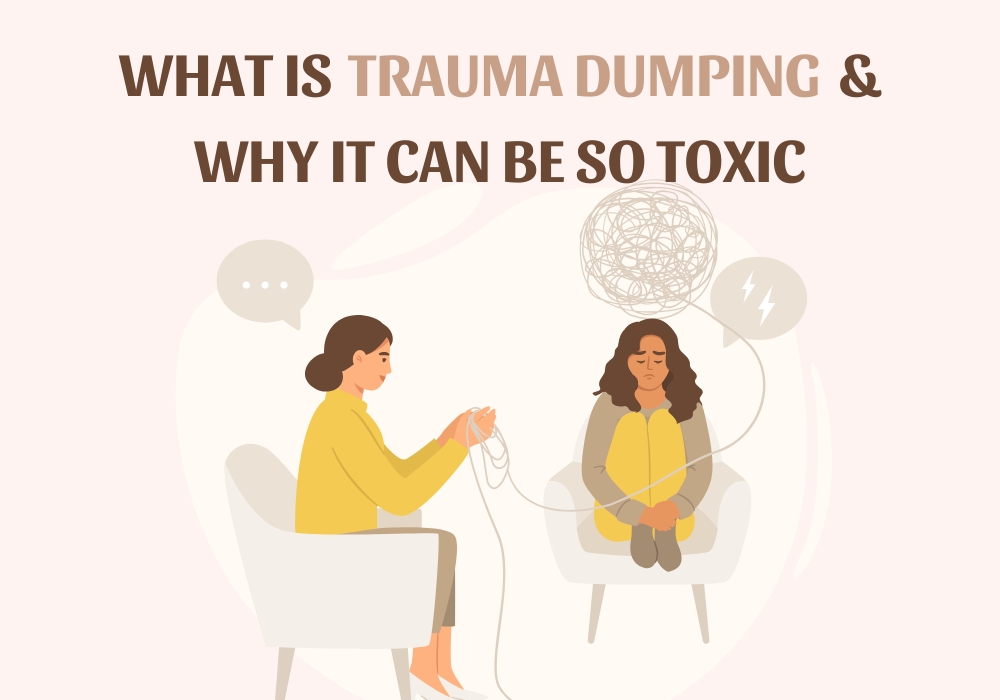
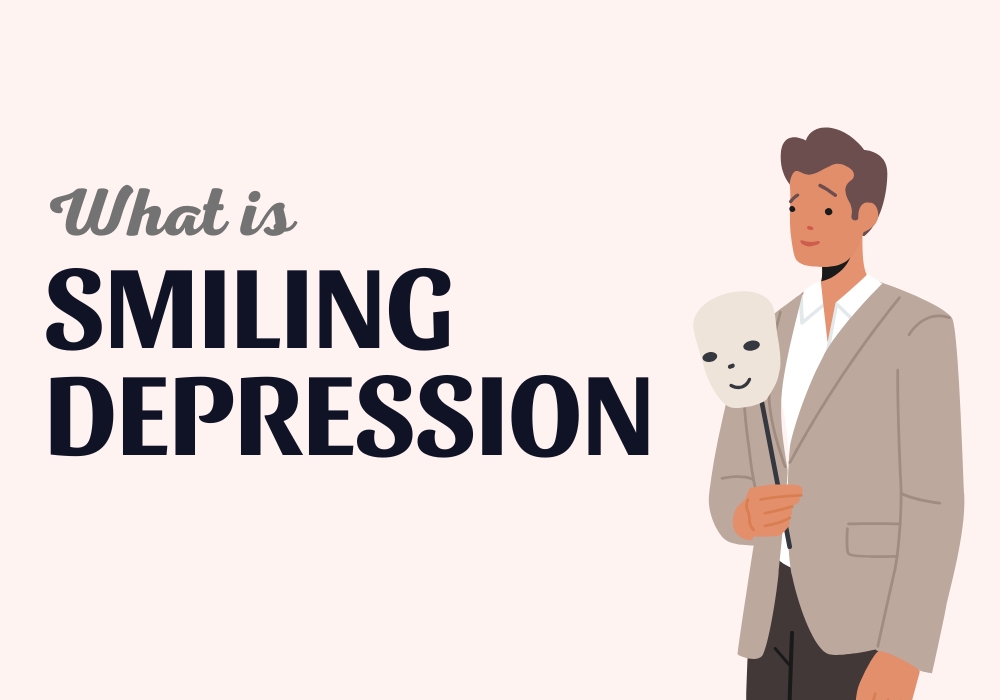
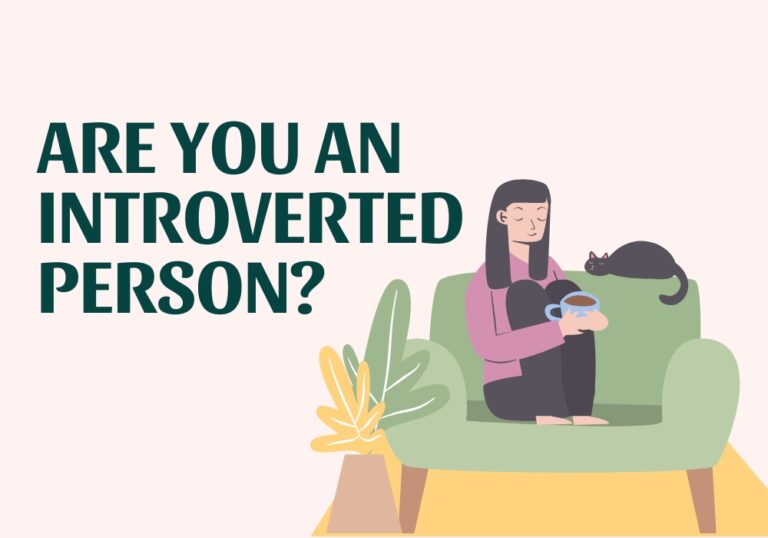
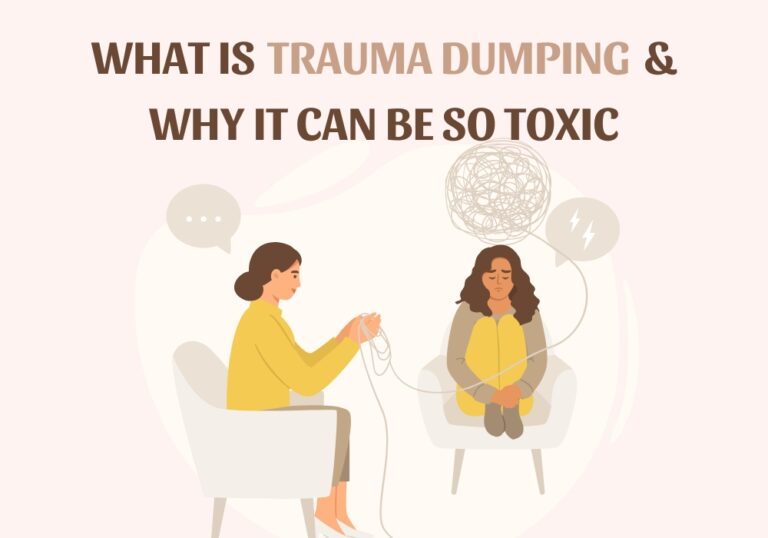
8 Comments
This blog is like a safe haven for me, where I can escape the chaos of the world and indulge in positivity and inspiration
This blog has opened my eyes to new ideas and perspectives that I may not have considered before Thank you for broadening my horizons
Your blog post had me hooked from the very beginning!
You’re so awesome! I don’t believe I have read a single thing like that before. So great to find someone with some original thoughts on this topic. Really.. thank you for starting this up. This website is something that is needed on the internet, someone with a little originality!
Hi, this weeknd iis pleasant ffor me, foor the reason that this point
in timee i am readfing this eenormous educationnal post here
aat my residence.
Thank you so much for your supportive comment❤
Keep on working, grewat job!
Thank you so much ❤